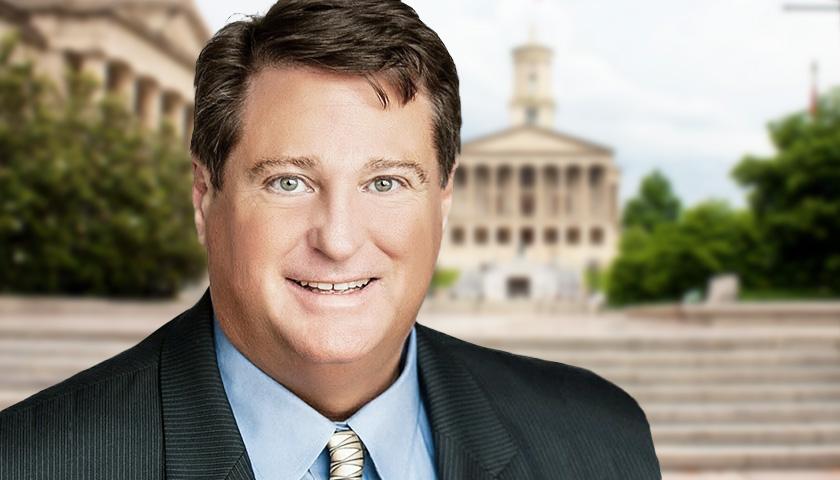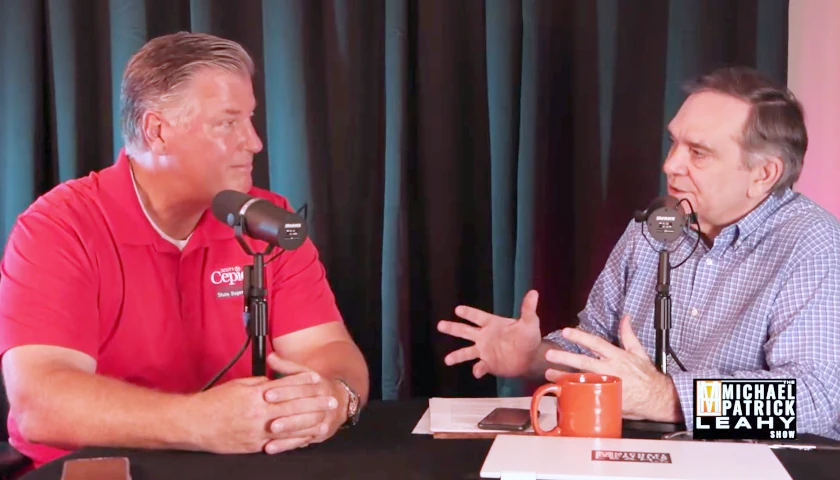by JC Bowman
Professional Educators of Tennessee, like other organizations, values being non-partisan. We have seen the damage done by other organizations that are hyper-partisan. Political contributions have consequences and ultimately hurt the profession. We have seen this firsthand in public education. Our members are adamant they do not want their dues going to political candidates or endorsement of candidates. We must work together with all policymakers for shared success.
Historically, public schools have filled multiple roles. One of the main purposes is to enable people to develop to become successful members of society. We must prepare students for life, citizenship, career, and success. Hopefully, we also produce students who are kind, respectful, empathetic, honest, and caring people. We should all aspire to be people of character.
Soccer great Pele said, “Success is no accident. It is hard work, perseverance, learning, studying, sacrifice, and most of all, love of what you are doing or learning to do.” If you have been watching American politics in recent years, it is clear nobody loves what they do —especially lately.
Our divisions in society, along such lines as gender, race and ethnicity, religious observance, or education do not compare to the division between Republicans and Democrats on fundamental political values. There is always friction between the majority and minority parties in any elected body. Political disagreement may raise activity, but partisan differences generate conflict which expands political silos and maximizes discord.
This legislative session has been among the worst for conflict at the Tennessee General Assembly. We should remember we elect part-time citizen legislators who are not experts on all the issues that they vote on each session. Therefore, disputes can be expected. I asked political writer, TC Weber, what he noticed this year. He replied, “One party wants to control what you say, the other wants to control what you read.”
Activists and community organizers often try to inject politics into every issue and debate. It is dangerous to induce tactics designed solely for personal gain or political theater. One overarching goal is never-ending conflict. They simply move from issue to issue. The question for all of us, is how far is too far? Has disruption made the government more responsive or improved results for citizens? That is highly doubtful.
The Pew Research Center finds that Republicans are now more conservative than 97% of Democrats, and Democrats are more liberal than 95% of Republicans. Absent a political center, the Brookings Institution pointed out that “increased partisanship, and ideological polarization are inevitable and sure to feed public distrust of and distaste for politicians and the political process.” Some researchers warn of an approaching “tipping point” of irreversible polarization.
Usually, legislators remember that the institution is bigger than any individual member and that etiquette and decorum matter. This year, this seems like civility has been abandoned, or worse sacrificed on the altar of political expediency. For some, it is as if the collective fabric of state government is coming unraveled. Those who mock good behavior have made a god of strife. There is no time like the present to be alive for those who enjoy creating conflict and arguments.
Lee Drutman, a senior fellow in the Political Reform program at New America, wrote: “This level of hatred — which political scientists call negative partisanship — has reached levels that are not just bad for democracy but are potentially destructive. And extreme partisan animosity is a prelude to democratic collapse.”
Freedom should never be taken for granted. While many citizens are very passionate about our country, others seem disillusioned, and some are openly hostile. For many, politics does not end on election day or at the ballot box. However, politics does not have to be a blood sport.
American democracy depends on the competency of our citizens. When we began funding public education, policymakers hoped to unify a diverse population allowing students to find common ground. We wanted students to learn to respect others. How we can be successful in that objective when our policymakers cannot even get along?
To decrease or eliminate partisanship and polarization, we need adults willing to confront the rise in anger, hatred, and fear. We need to lower our pitchforks and unclench our fists. We need statesmen willing to stand up, help others see political possibilities, and recognize their moral responsibilities.
The issues of the day, the ones that perplex us now, may not even be relevant in the next election cycle. When we watch policymakers seek to confront the complex issues of our state and nation, we recognize that outside influences and political donations are having greater influence over our policies. To be certain, there are those who prefer chaos and the absence of order. However, that is no substitute for winning elections at the ballot box and passing policies that benefit most citizens.
George Washington, in his farewell address, was concerned about the negative impact that opposing political parties could have on the country. He also believed this discord would undermine the concept of popular sovereignty in the United States. President Washington was right to be worried.
– – –
JC Bowman is the executive director of Professional Educators of Tennessee
Photo “J. C. Bowman” by J. C. Bowman. Background Photo “Tennessee Capitol” by Andre Porter. CC BY-SA 3.0.






JC – We have communicated in the past. My name is Robert Smith. I use a screen name to attract attention. I am sick and tired of all of the excuses made for teachers failing to achieve stated educational goals. I hear all the excuses about hard work and long hours. I could have used the same complaints as I dedicated myself to exceling in my chosen white collar profession. My hourly compensation was less than that of most teachers because I worked extra hours (often 60 hours per week on a fixed 40 hour salary) to achieve the high standards I set for myself.
Sure. All the money going to administration and extra groups that suck out dollars and siphon money from the classroom. Here is another one for you. Why hide behind a screen name and not stand behind your words using your real name so we can a real discussion.
Joe Blow, Academia has had their hand in the pockets of taxpayers far to long. I applaud those that actually believe that education is important. Currently they are in the minority in that system. As an organization their first priority is more money not educating children. But don’t say that publicly, you will be accused of hating teachers and children. Read Alexis de Tocqueville “Democracy in America” That type of critical thought used to be part of education. Now the best we can hope for is how to get the most money with the least effort.Lets ask the experts in education.
Mr. Bowman, Tell us something we do not know, such as why is the cost of public education escalating at ever-increasing rates while overall student achievement is dismal and not improving.